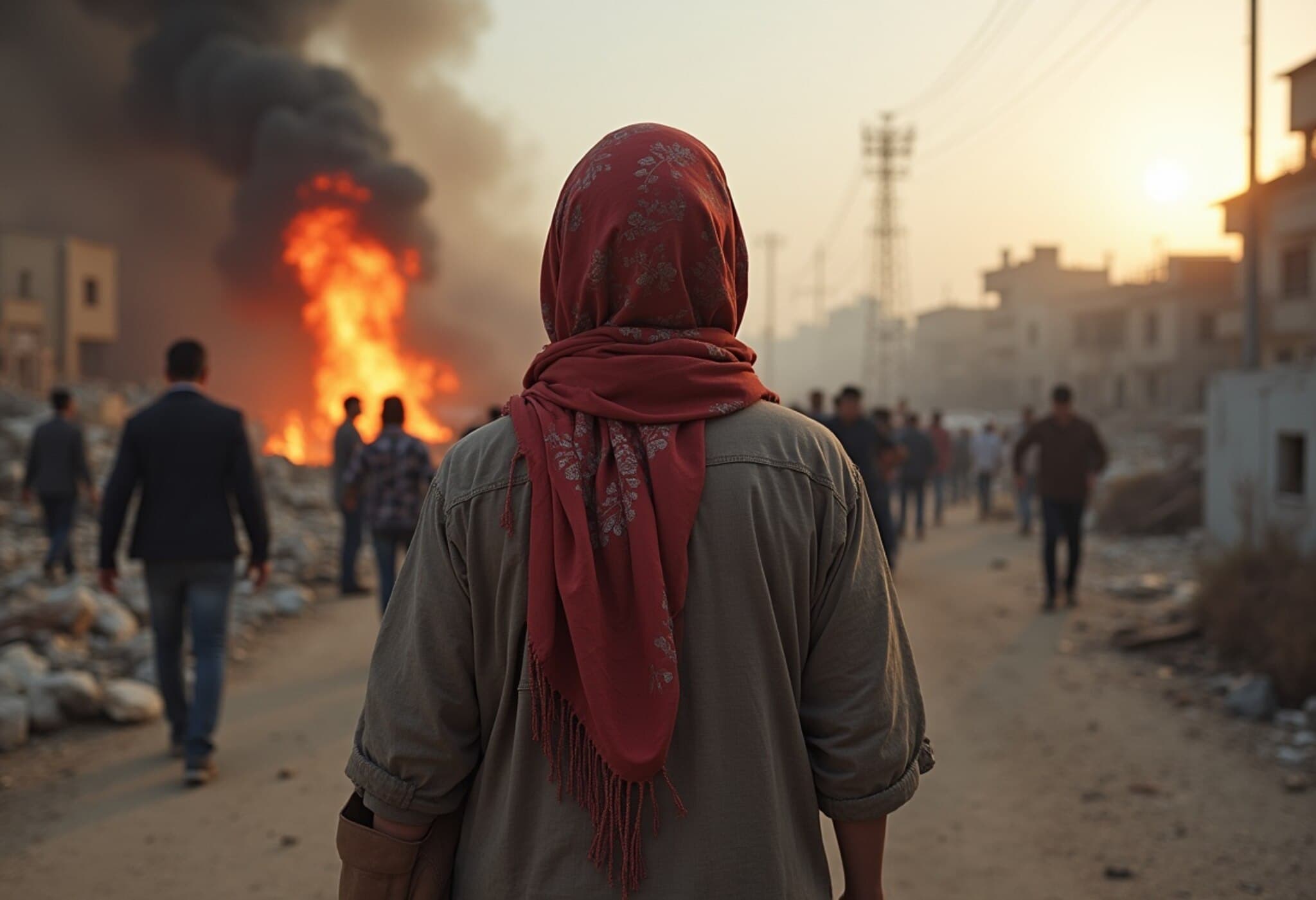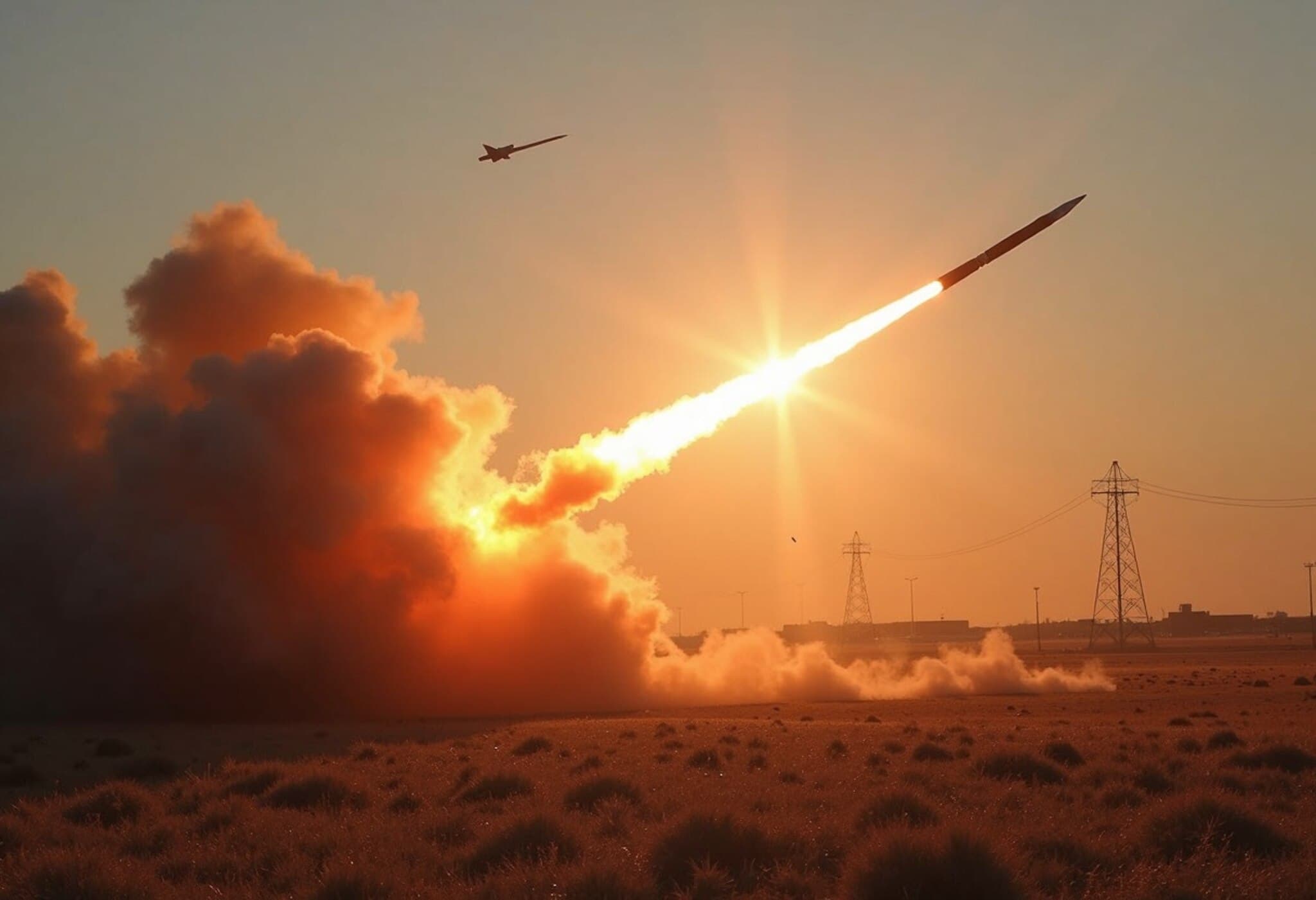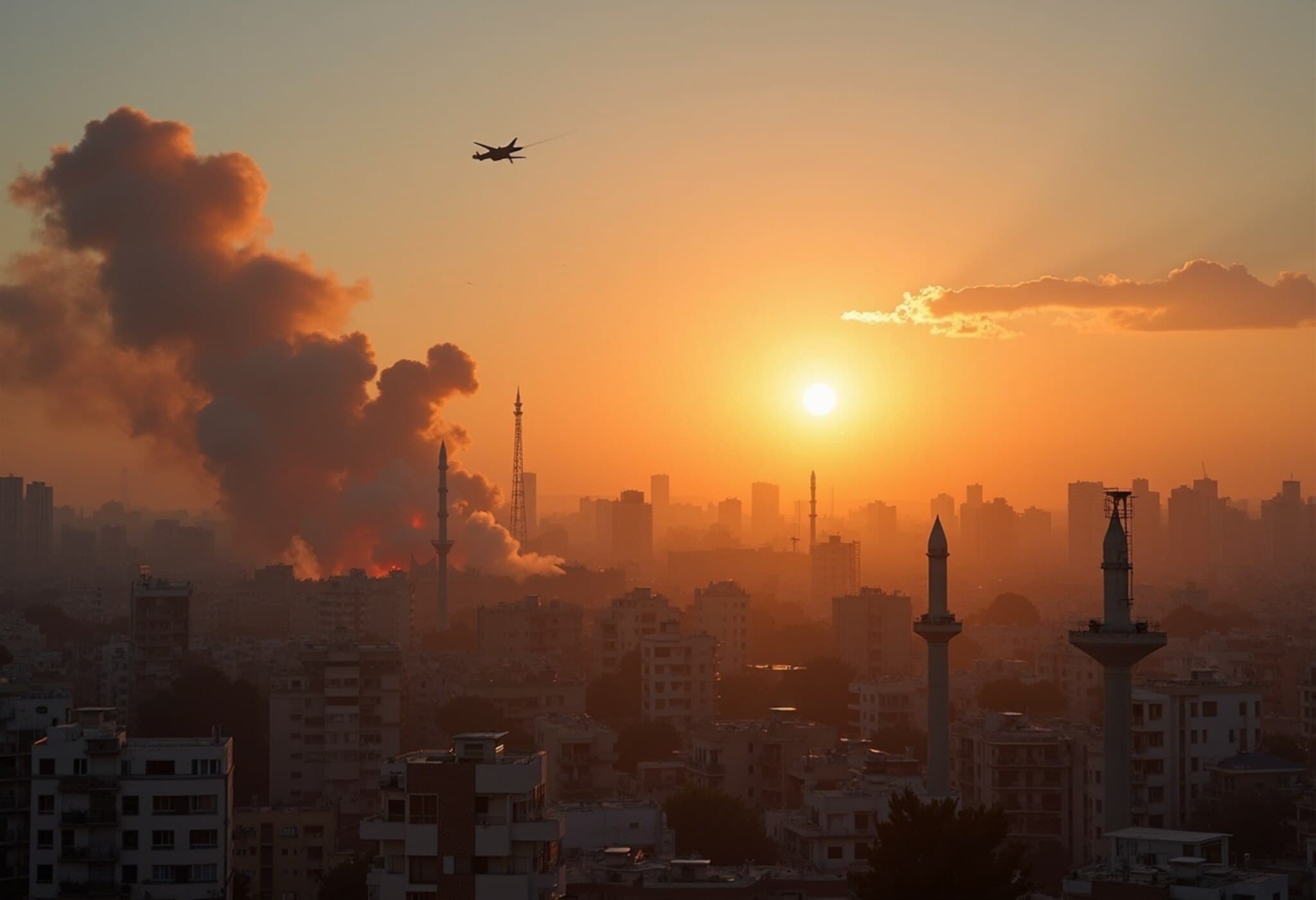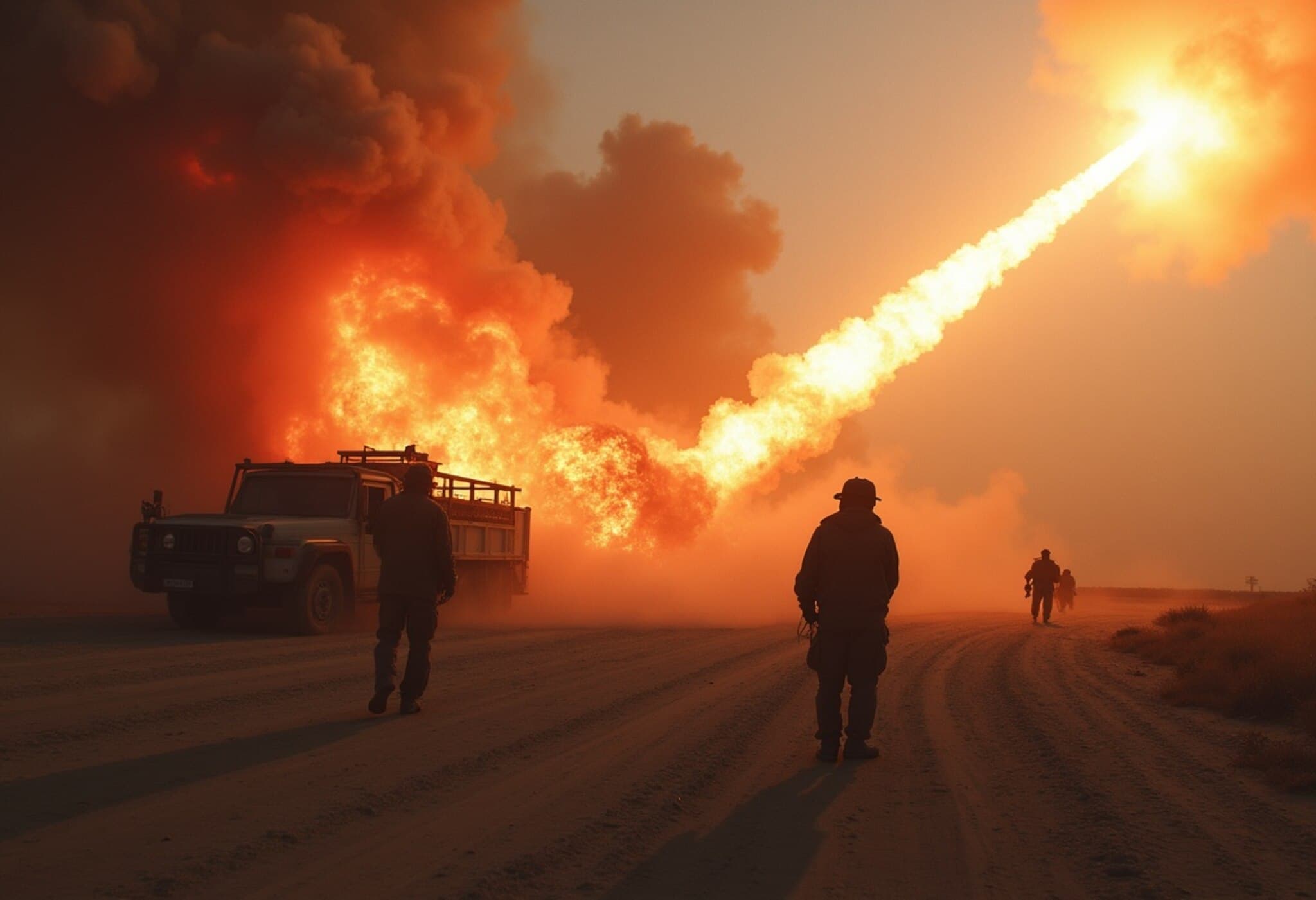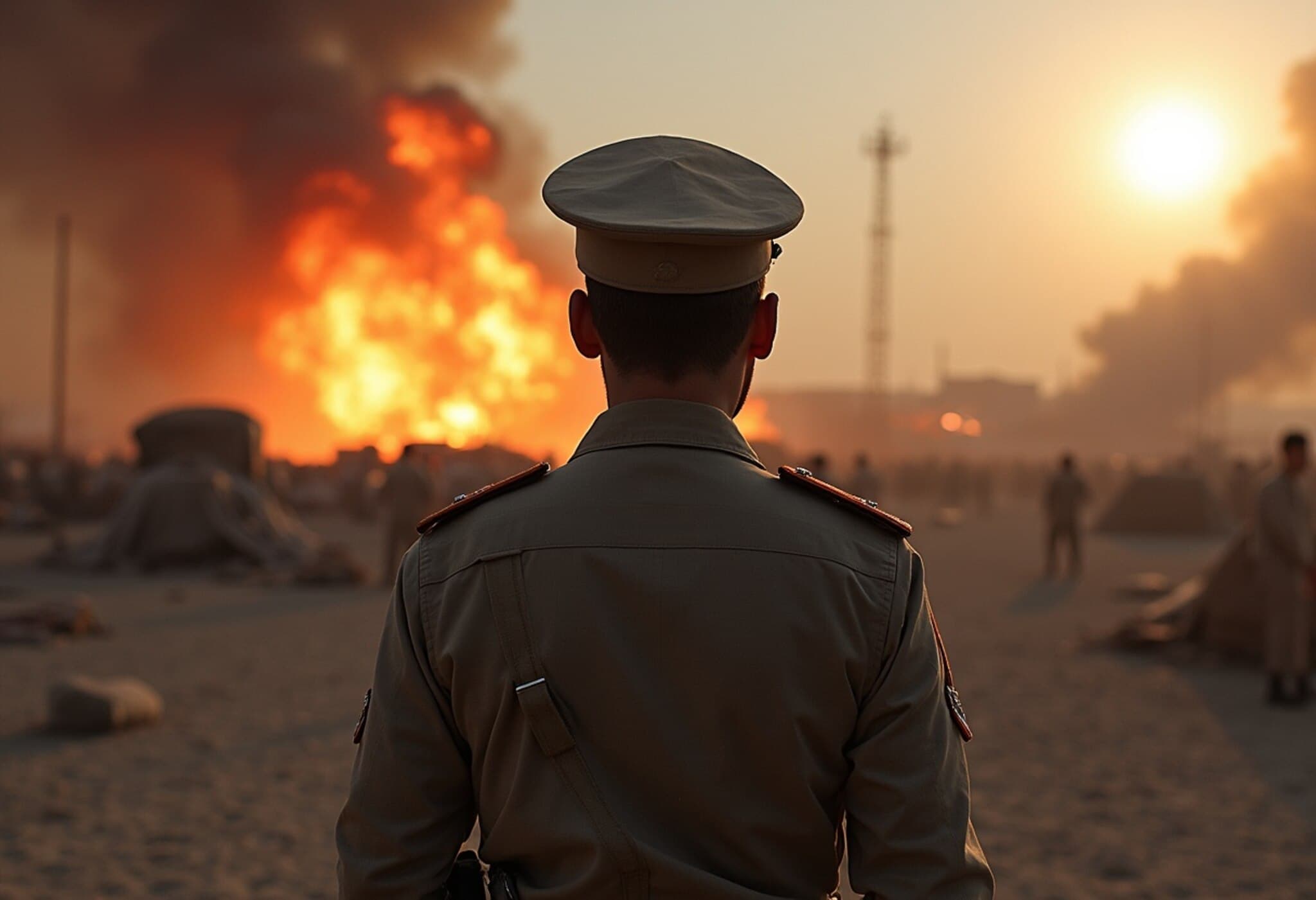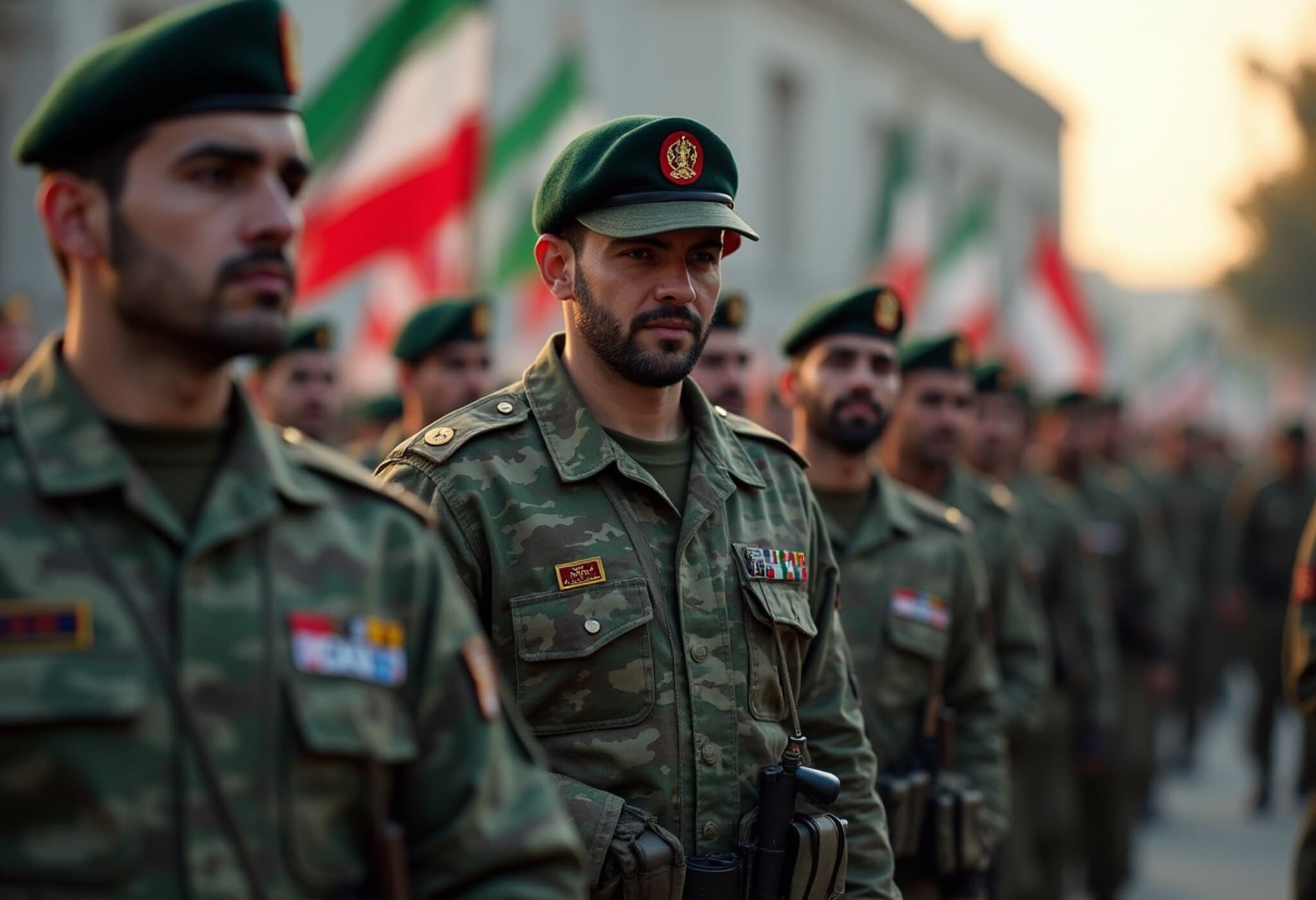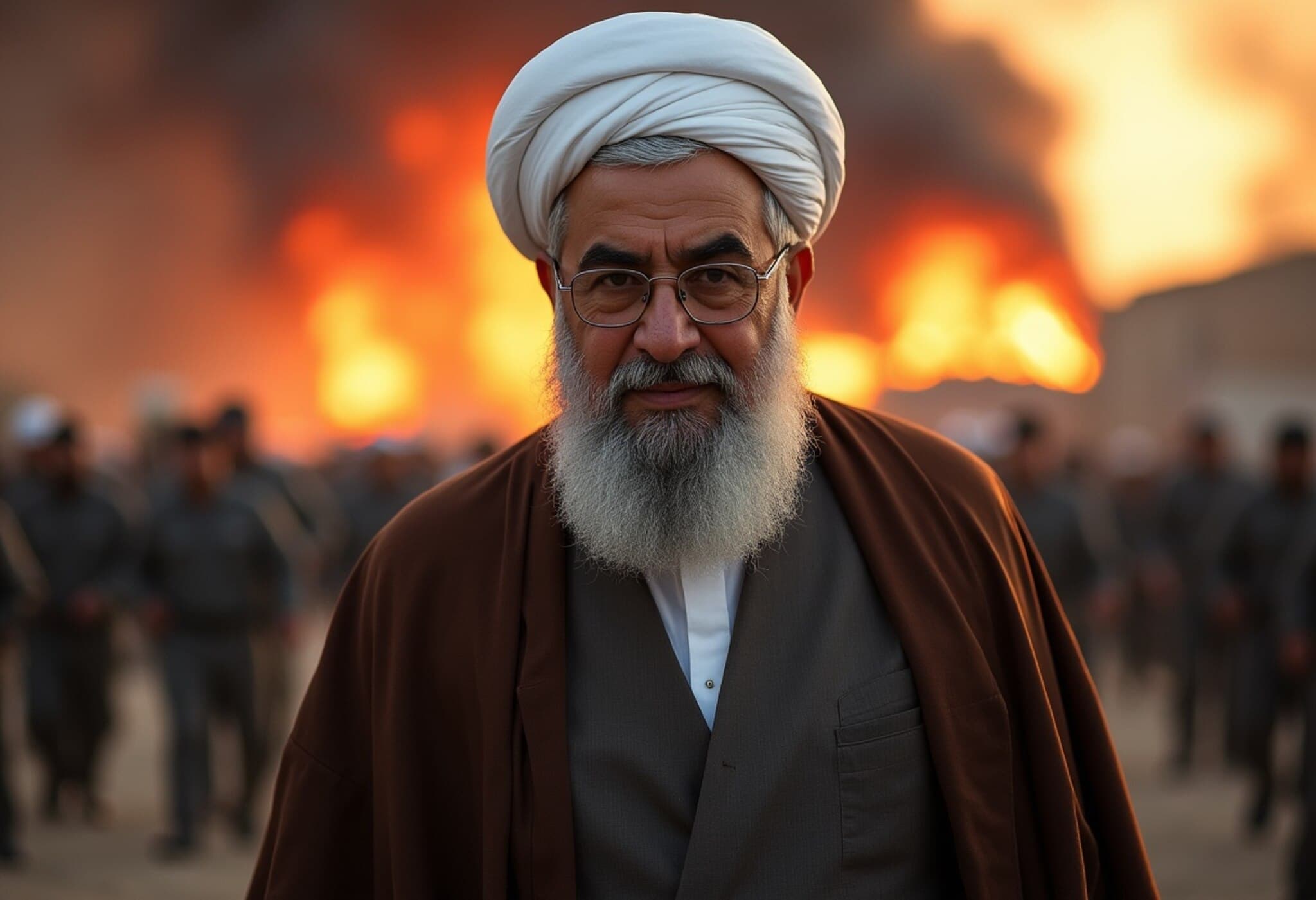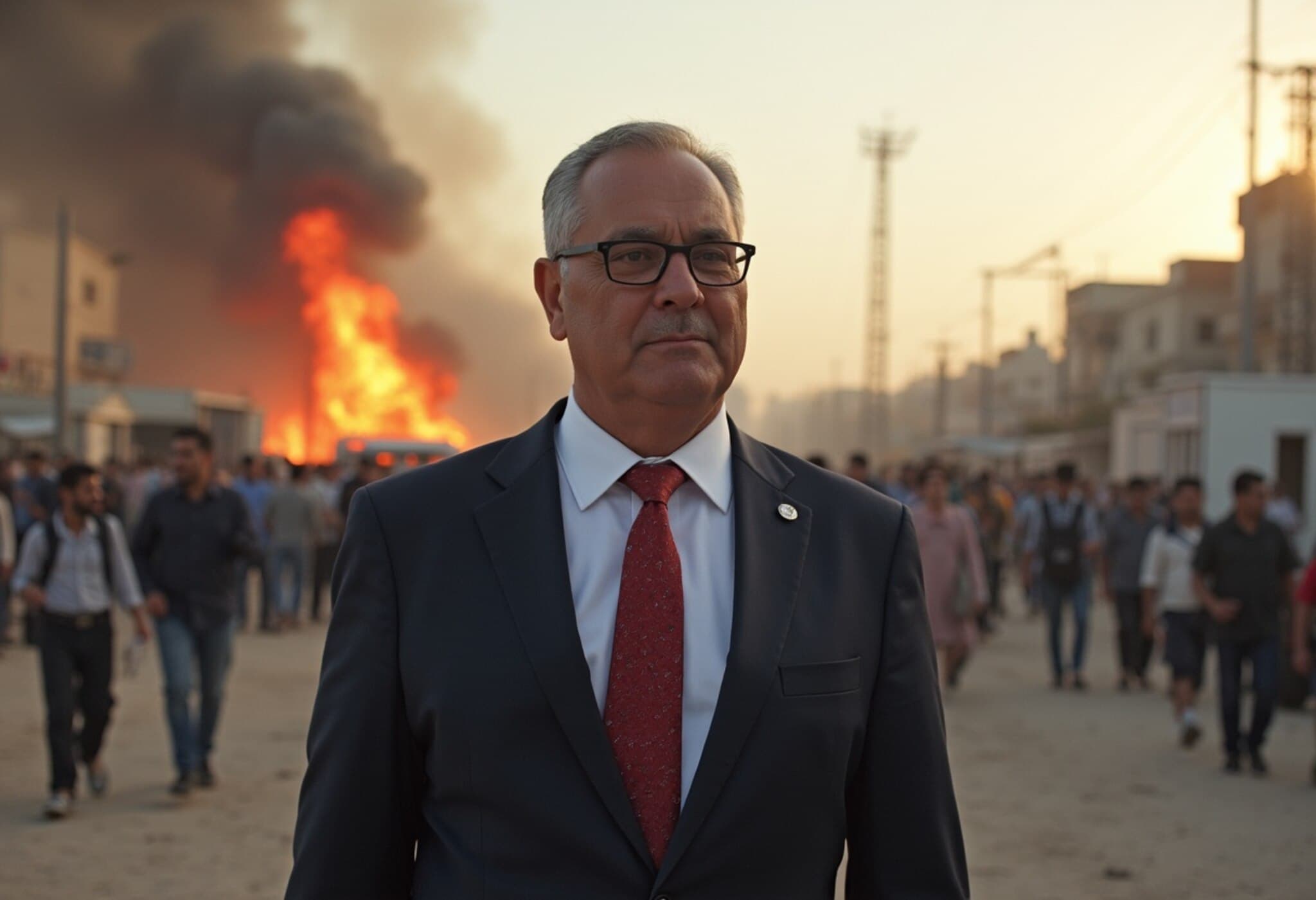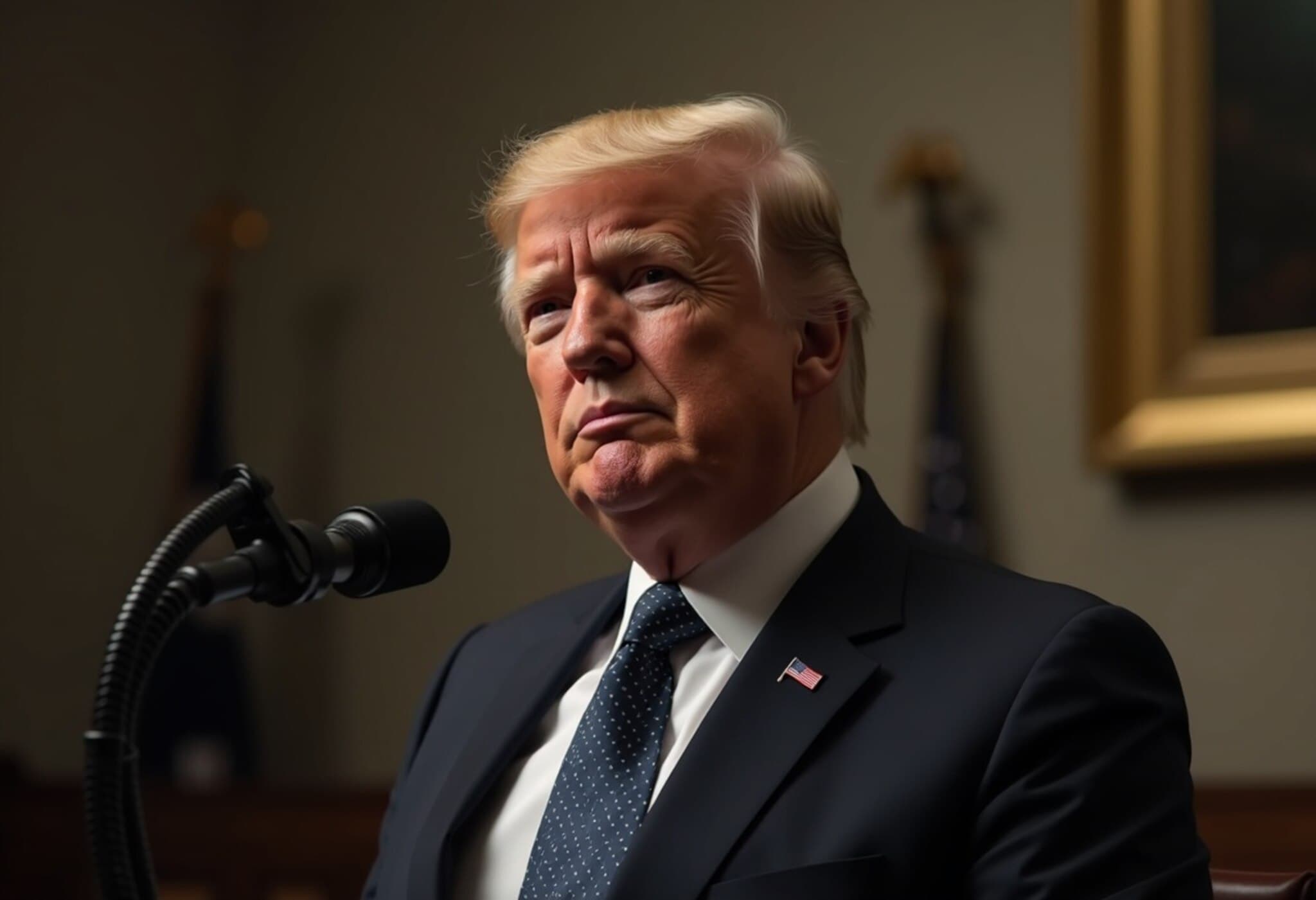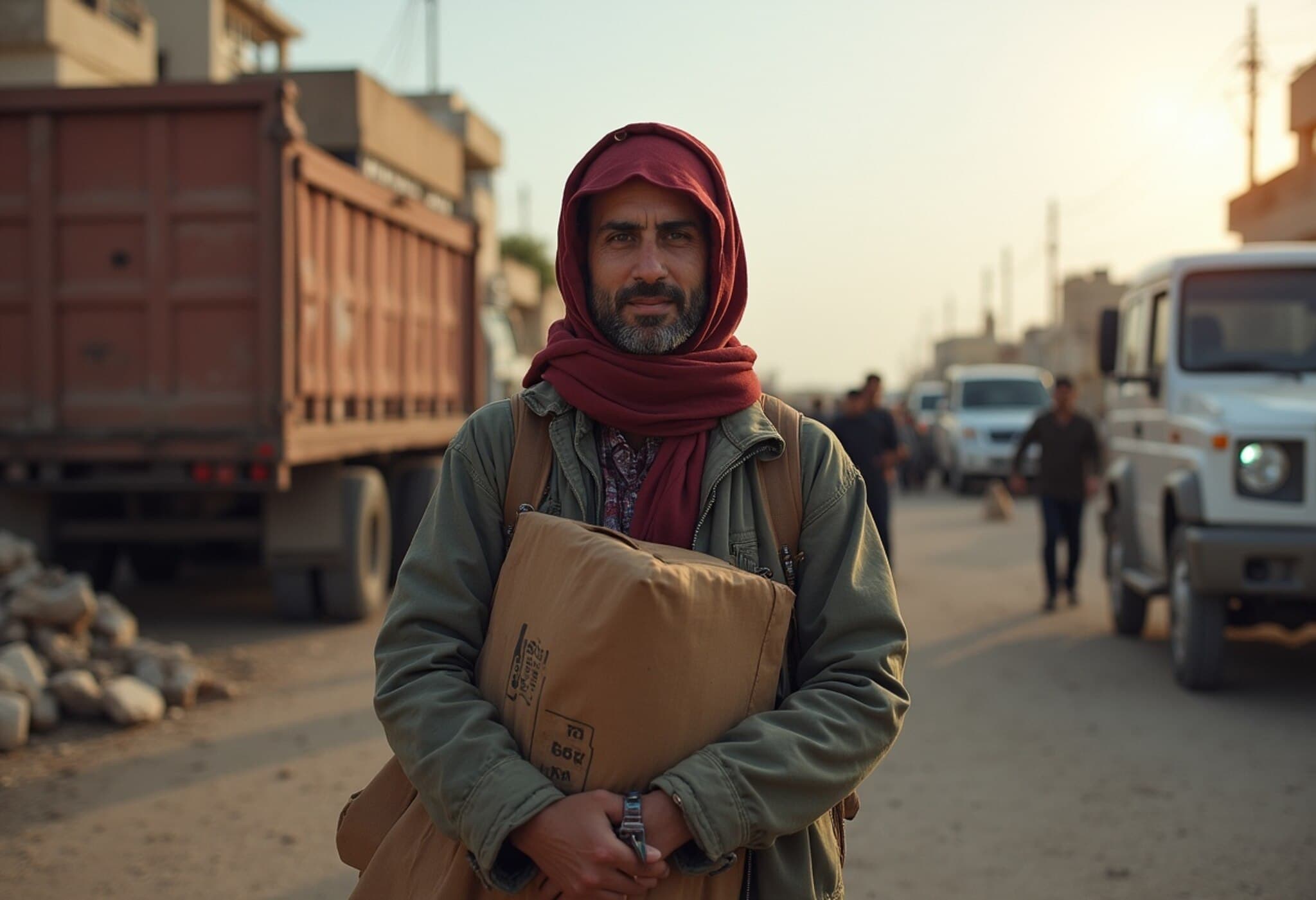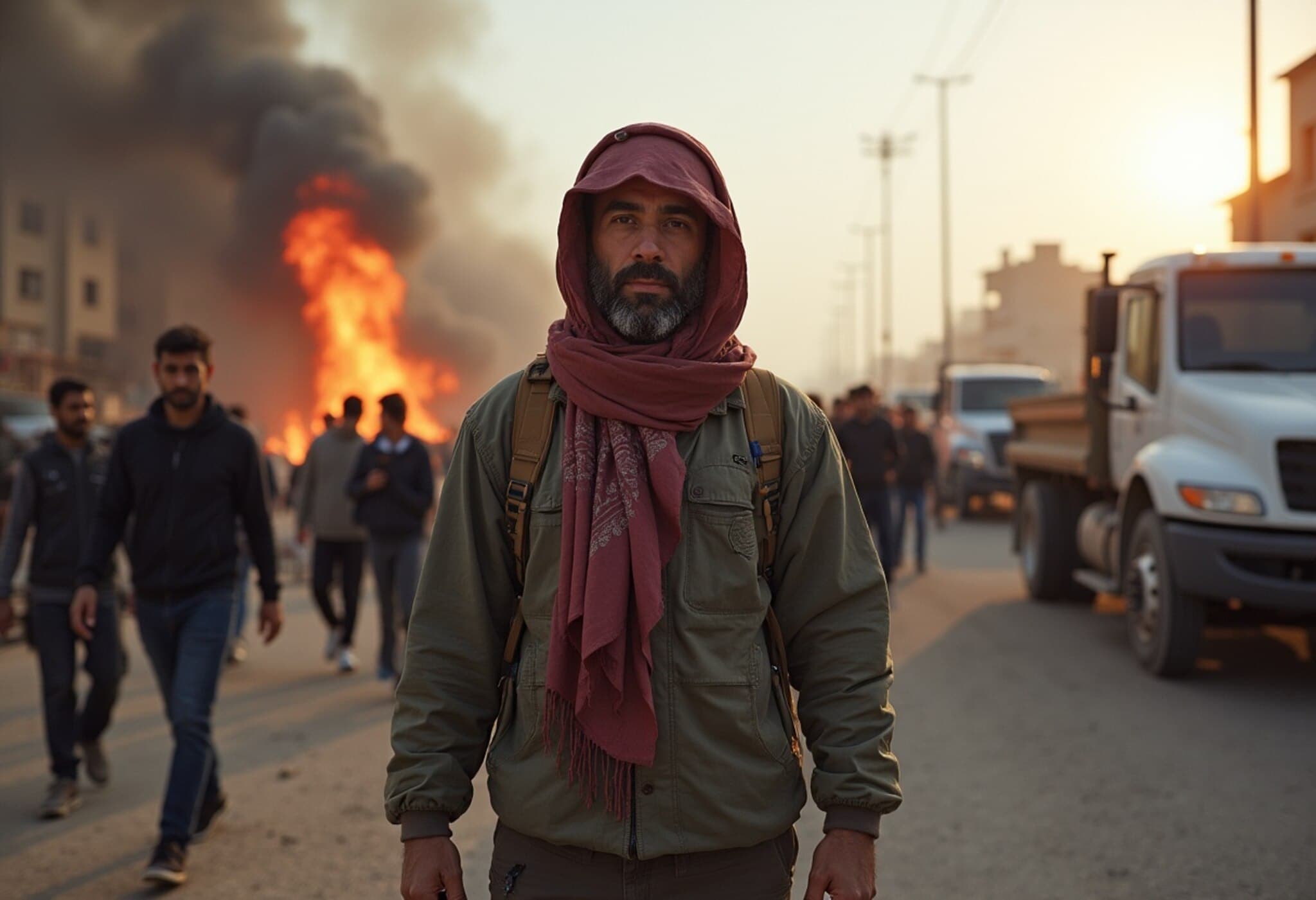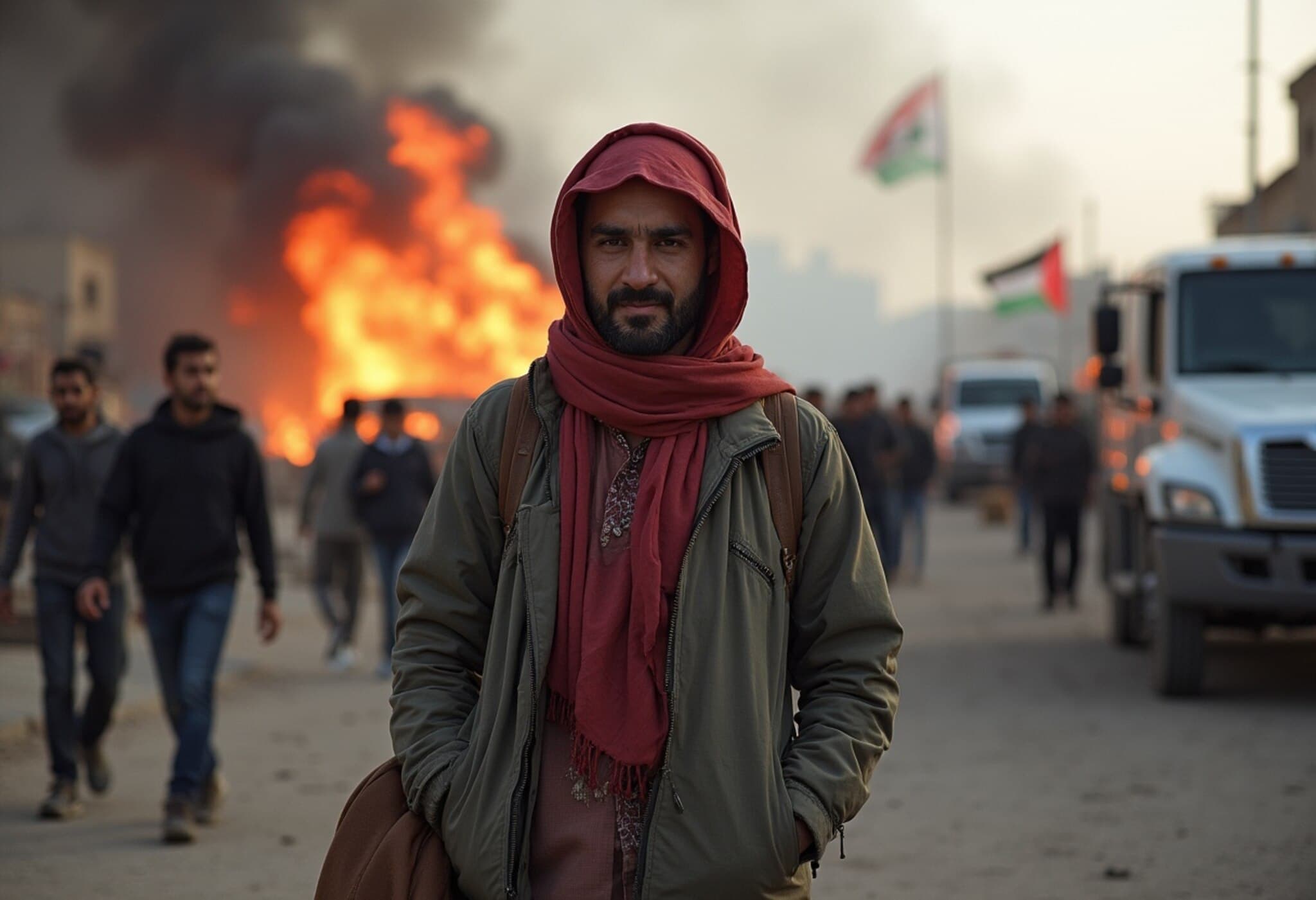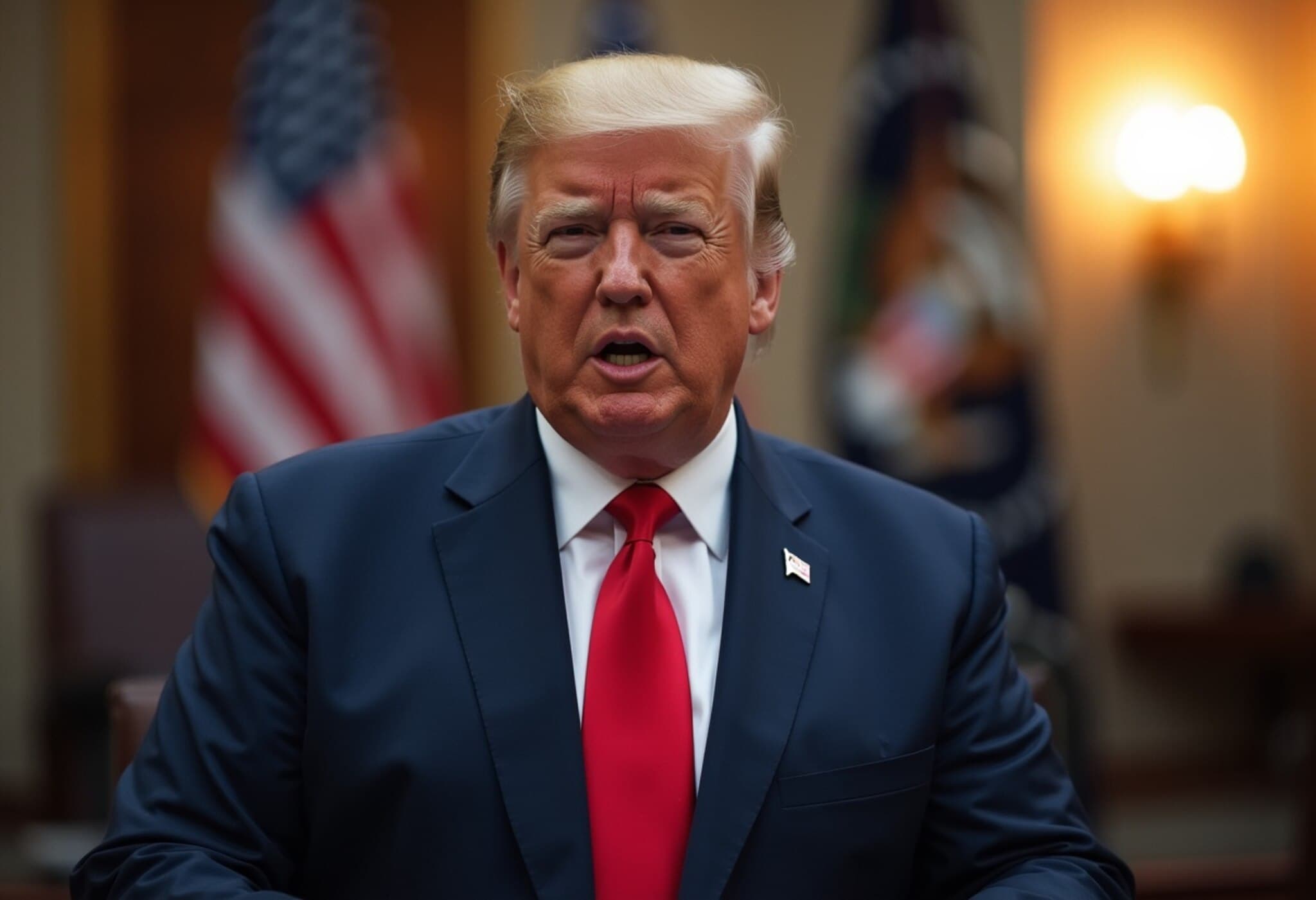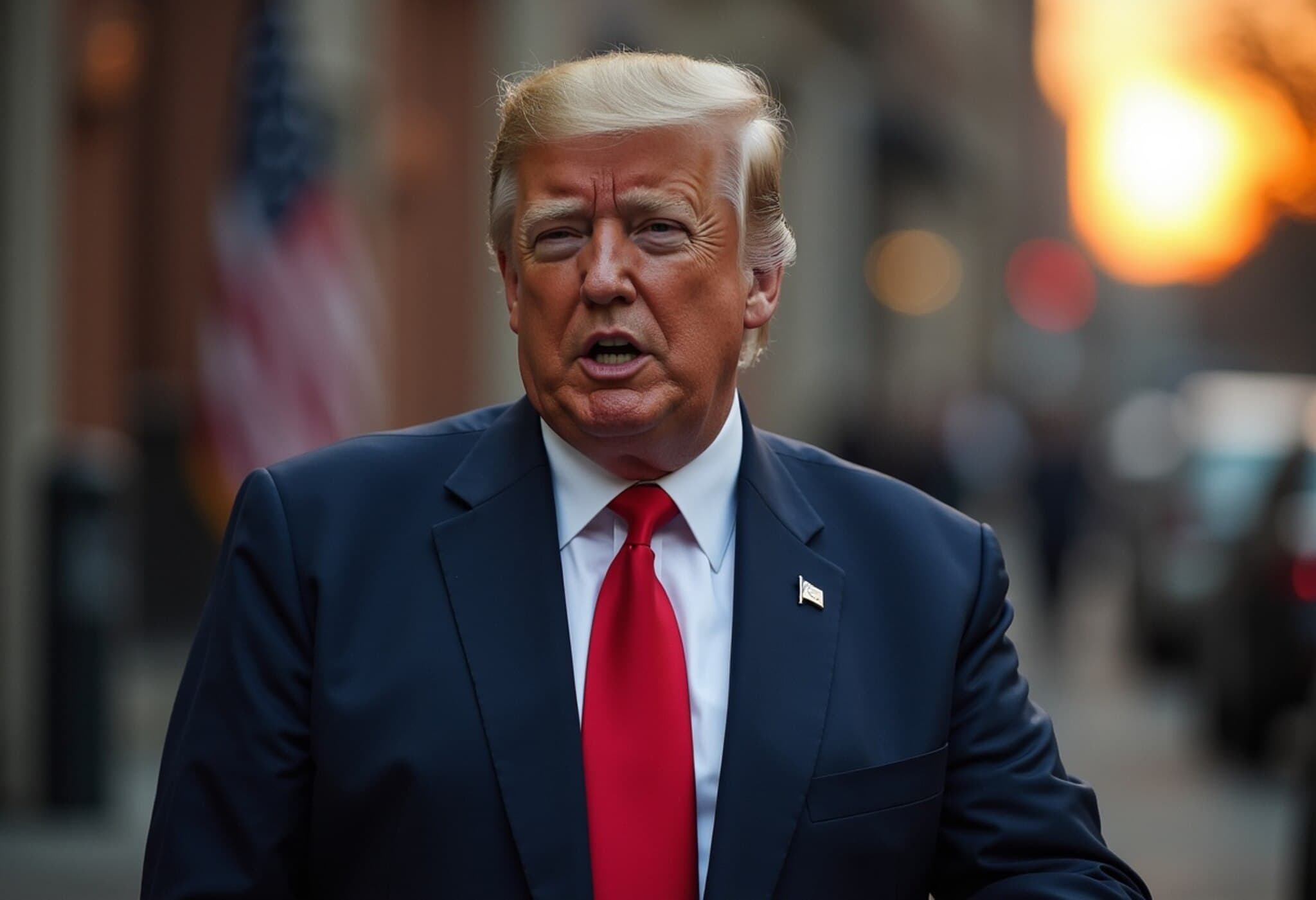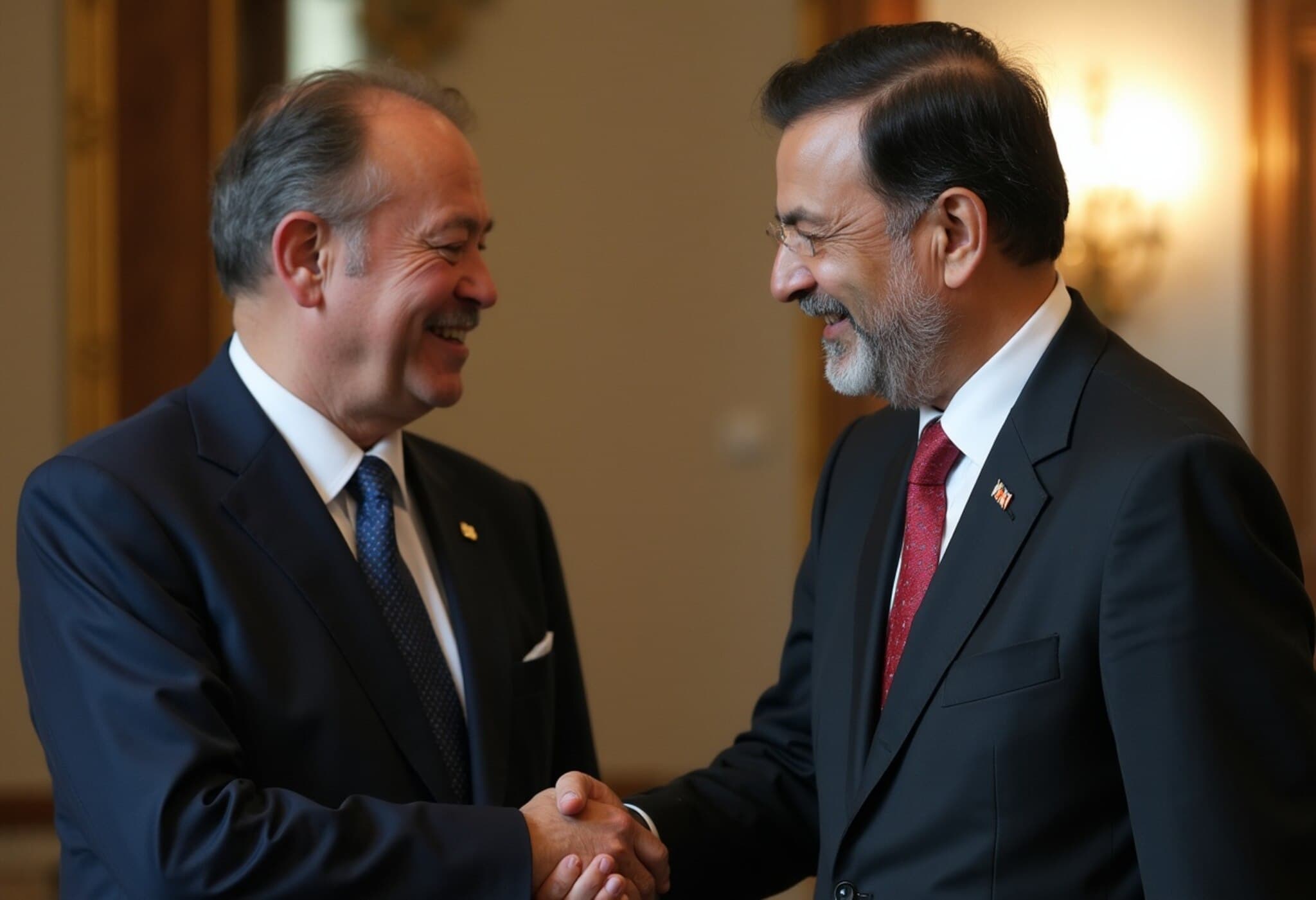Starvation Crisis Deepens in Gaza After Nearly Two Years of War
As the conflict between Israel and Hamas drags well beyond the 21-month mark, Gaza faces an escalating humanitarian nightmare with widespread starvation threatening millions. Despite ongoing mediation efforts, a lasting ceasefire remains elusive amid complex political stakes and growing international concern over mounting malnutrition deaths.
Humanitarian Toll and the Stakes at Play
More than 2 million residents of Gaza now experience severe food shortages, with local hospitals reporting tragic losses — including the deaths of at least 21 children due to malnutrition over just three days. This grim reality highlights the urgency of breakthrough negotiations, which remain stuck in a stalemate largely because of deep-seated mistrust and uncompromising positions.
Why Has a Ceasefire Proven So Difficult?
Mediators from Qatar, Egypt, and the United States have been engaged in back-and-forth discussions since early July, proposing a 60-day truce coupled with a prisoner exchange: the release of 10 living Israeli hostages for hundreds of Palestinian detainees. However, Hamas demands assurances of a permanent end to hostilities, while Israel insists that any peace must come only after Hamas relinquishes its military capabilities and governance over Gaza.
Karim Bitar, a Middle East expert at Sciences Po in Paris, explains, "Neither Israeli Prime Minister Netanyahu nor Hamas leaders have domestic incentives to swiftly agree to a comprehensive ceasefire. Both face significant political risks from their own constituencies if they concede too much too soon." This political calculus complicates hopes for immediate peace.
Fragmented Leadership and Ground Realities
Despite Israeli officials signaling openness to negotiation, ground operations in Gaza have intensified, including incursions into zones previously untouched. Reports reveal communication breakdowns between Hamas's military command within Gaza and their negotiators based in Doha, further complicating deal-making.
King's College London's Andreas Krieg describes the current talks as "technically progressing but practically approaching a stalemate," emphasizing that the negotiations resemble prisoner swaps rather than a substantive ceasefire agreement. Hamas faces the dire challenge of balancing political survival against the pressing need to alleviate suffering among its people.
The Role of International Pressure
With humanitarian conditions deteriorating rapidly, global powers step up diplomatic efforts. The United States has dispatched envoy Steve Witkoff to engage European and Middle Eastern partners, aiming to forge a path toward ceasefire and humanitarian corridors. Yet experts warn that without amplified pressure on Israel to ease blockade measures, progress may stall.
Bitar warns, "Without significant influence exerted by the US and Qatar on Israel, this round of negotiations risks collapsing like those before it." The enduring conflict underscores the complex intersection of geopolitics, security concerns, and human suffering.
Looking Ahead: Challenges and Implications
- Humanitarian urgency: Mass starvation could compel Hamas toward interim compromises to safeguard civilian lives.
- Political entrenchment: Both Israeli and Hamas leaders remain constrained by internal political dynamics, complicating peace efforts.
- International diplomacy: Effective multilateral pressure remains crucial yet uncertain amid shifting regional alliances.
As Gaza's people endure one of the most severe humanitarian crises in recent memory, the international community faces pressing questions: How long can aid restrictions remain in place amid escalating deaths? Will political leadership on both sides muster the courage for meaningful compromise? And can external actors bridge divides to facilitate lasting peace?
Editor’s Note
The Gaza conflict exemplifies the tragic toll protracted wars exact on civilian populations. Beyond ceasefire deals and prisoner exchanges lies a deeper challenge—sustaining human dignity amid relentless violence. Our coverage will continue to unpack these evolving dynamics, spotlighting voices often unheard and scrutinizing the geopolitical forces shaping this crisis. Readers are encouraged to consider not only the headlines, but the humanitarian imperatives that demand urgent global attention.

